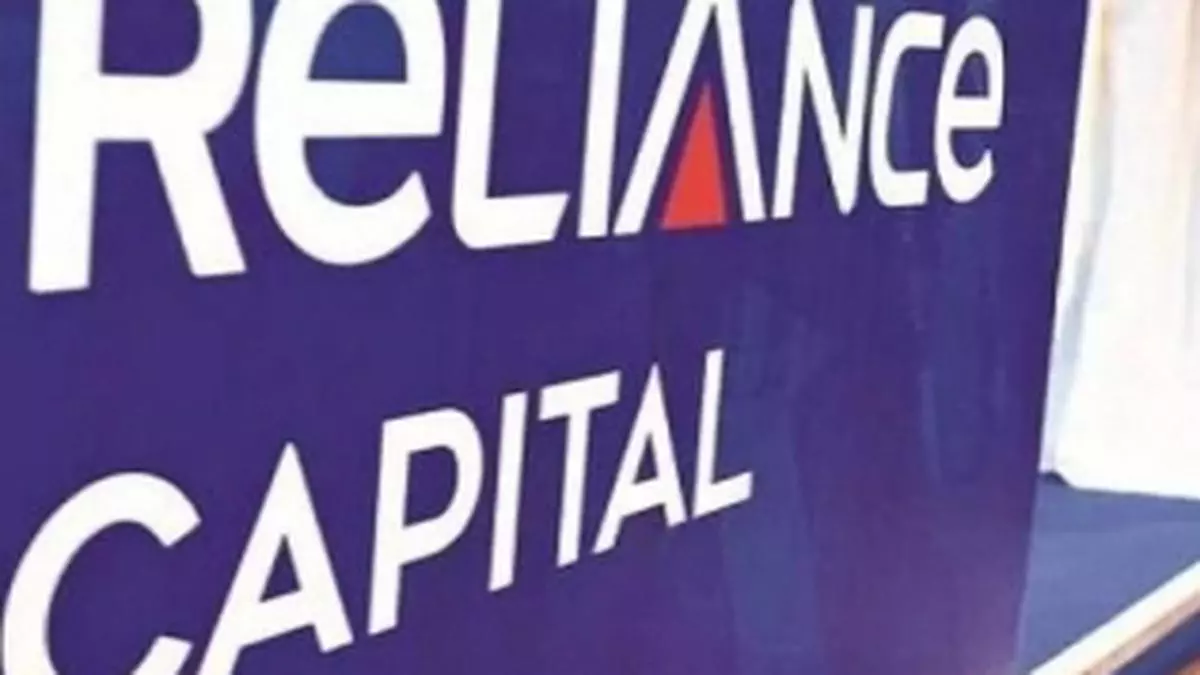RCap committee of creditors votes for equal distribution of proceeds between members
On Monday, Reliance Capital’s Committee of Creditors (CoC) voted to evenly distribute the proceeds among all members, regardless of whether they support the settlement plan.
There are two types of ratings. One is the filter value and the other is the redistribution value. Here, the liquidation value is high, so members of the Code of Conduct were asked that even if someone is against, the liquidation value will not be taken and the resolution value will be considered for redistribution,” a source told Businessline, adding that more than 99 percent of members voted in favor of this.
According to this approval, there will now be no differentiation between the agreeing and dissenting members and everyone will get the amount for their claims. Normally, the agreeing members are paid according to the resolution value and the dissenting members according to the liquidation value.
The move is said to be aimed at avoiding any disputes between creditors, especially given the delays in the settlement process. Creditors include priority secured creditors, secured creditors, unsecured creditors, and operating creditors.
decision plan
The sources said the coordination committee is still in the process of finalizing the settlement plan, which will also be voted on this week.
Once the Hinduja Group’s decision plan has been voted on and approved, the Code of Conduct will seek approval from the National Company Law Tribunal (NCLT) for it, before the July 15 deadline.
Hinduja Group, via IndusInd International Holdings, was the sole bidder in the expanded challenge mechanism to resolve RCap, submitting a bid of Rs 9,650 crore, which included a proposal to infuse Rs 300 crore into Reliance General Insurance.
Reliance Capital has contacted the Supreme Court with details of the second auction as per the requirements of the pending case against Torrent Investments which it alleged favored the Hinduja Group and contested the holding of the second round of the appeal mechanism.
The Supreme Court has not placed any restrictions on the settlement process, so the Code of Conduct is confident that the legal problem and solution are separate issues and the NCLT will proceed with the resolution plan.
However, now that the settlement process has reached its final stages, the arbitration panel has asked the Supreme Committee to hold a hearing sooner than the expected August schedule, the sources said.
